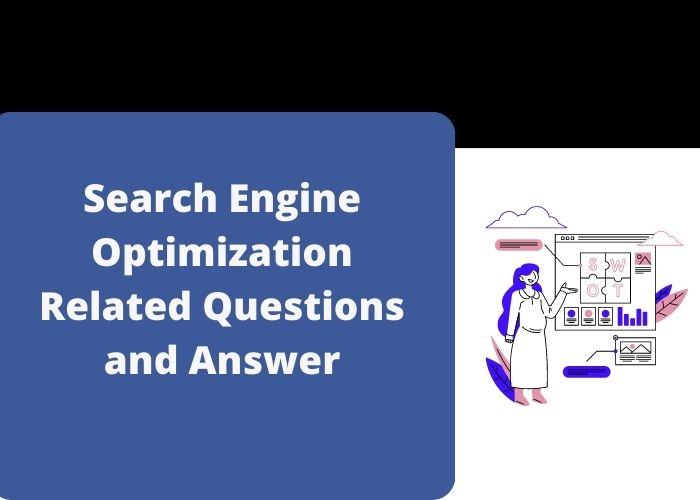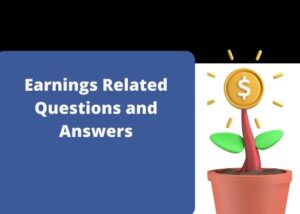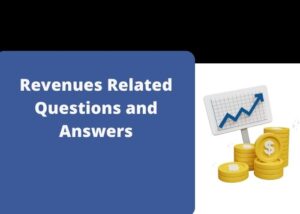Q1. What is Search Engine Optimization (SEO)?
A1. Search engine optimization (SEO) is the process of optimizing web pages and their content to be easily discoverable by users searching for terms relevant to your website. The term SEO also describes the process of making web pages easier for search engine indexing software, known as “crawlers,” to find, scan, and index your site.
Q2. What are the benefits of SEO for startups?
A2. SEO can help startups boost their online visibility and attract relevant users to their website. It can also help to build trust and credibility, increase website traffic and leads, and improve their overall online presence.
Q3. What are the most important SEO factors?
A3. The most important SEO factors include having high-quality, relevant content; having a well-structured website; utilizing technical SEO; and having a good user experience.
Q4. What is keyword research in SEO?
A4. Keyword research is the process of finding and analyzing search terms that people use in search engines. This helps to understand what users are looking for and optimize content accordingly.
Q5. What is on-page SEO?
A5. On-page SEO involves optimizing individual web pages to rank higher and earn more relevant traffic in search engines. This includes optimizing the content, HTML source code, and images of a particular page.
Q6. What is off-page SEO?
A6. Off-page SEO involves activities that are done outside of the website in order to improve its position in the SERPs. This includes link building, social media marketing, content marketing, and influencer marketing.
Q7. What is the importance of SEO in digital marketing?
A7. SEO is an important part of digital marketing as it helps to drive more relevant traffic to a website, build trust and credibility, and increase overall visibility in the SERPs.
Q8. What are the types of SEO techniques?
A8. There are two types of SEO techniques: on-page SEO and off-page SEO. On-page SEO involves optimizing individual web pages to rank higher and earn more relevant traffic in search engines. Off-page SEO involves activities that are done outside of the website in order to improve its position in the SERPs.
Q9. How do I create an SEO-friendly website?
A9. To create an SEO-friendly website, you should focus on optimizing your content, HTML source code, and images; creating a well-structured website; utilizing technical SEO; and providing a good user experience.
Q10. What are the best SEO practices?
A10. The best SEO practices include keyword research, content optimization, link building, technical SEO, website optimization, and more. Additionally, it’s important to stay up to date with the latest SEO trends and changes.
Q11. How can I optimize my website for SEO?
A11. To optimize your website for SEO, you should focus on keyword research, content optimization, link building, technical SEO, website optimization, and more. Additionally, it’s important to stay up to date with the latest SEO trends and changes.
Q12. What are the most important SEO metrics?
A12. The most important SEO metrics include organic traffic, keyword rankings, backlinks, click-through rate, page load time, and more.
Q13. How do I measure SEO performance?
A13. To measure SEO performance, you should track organic traffic, keyword rankings, backlinks, click-through rate, page load time, and more. Additionally, you should use tools such as Google Analytics to measure SEO performance.
Q14. How can I improve SEO rankings?
A14. To improve SEO rankings, you should focus on keyword research, content optimization, link building, technical SEO, website optimization, and more. Additionally, it’s important to stay up to date with the latest SEO trends and changes.
Q15. What is the role of content in SEO?
A15. Content plays an important role in SEO as it helps to create a better user experience, optimize for relevant keywords, and improve overall visibility in the SERPs.
Q16. How can I track SEO progress?
A16. To track SEO progress, you should track organic traffic, keyword rankings, backlinks, click-through rate, page load time, and more. Additionally, you should use tools such as Google Analytics to measure SEO performance.
Q17. What are the most common SEO mistakes?
A17. The most common SEO mistakes include keyword stuffing, over-optimizing, not optimizing for mobile, not utilizing technical SEO, and not staying up to date with the latest SEO trends and changes.
Q18. What is the importance of backlinks in SEO?
A18. Backlinks play an important role in SEO as they help to build trust and credibility and improve overall visibility in the SERPs.
Q19. How can I optimize my images for SEO?
A19. To optimize your images for SEO, you should focus on using the right file types, compressing the images, adding descriptive ALT text, and creating an image sitemap.
Q20. What are the different types of SEO?
A20. There are several types of SEO, including on-page SEO, off-page SEO, local SEO, technical SEO, and more.
Q21. What is local SEO?
A21. Local SEO is a type of SEO that focuses on optimizing content for local audiences and improving visibility in the local SERPs.
Q22. What is technical SEO?
A22. Technical SEO is a type of SEO that focuses on optimizing the technical aspects of a website in order to improve its visibility in search engines.
Q23. What is link building in SEO?
A23. Link building is a type of off-page SEO that involves creating links from other websites to your own. This helps to build trust and credibility and improve overall visibility in the SERPs.
Q24. How can I build quality backlinks?
A24. To build quality backlinks, you should focus on providing valuable content, reaching out to influencers, guest blogging, and utilizing social media.
Q25. What is an SEO audit?
A25. An SEO audit is a process of analyzing a website’s performance in search engines and identifying areas for improvement.
Q26. What is the importance of SEO for startups?
A26. SEO is important for startups as it can help to boost online visibility, attract relevant users to the website, build trust and credibility, increase website traffic and leads, and improve their overall online presence.
Q27. What are the best SEO tools for startups?
A27. The best SEO tools for startups include Google Search Console, Ahrefs, SEMrush, Moz, and more.
Q28. What is a meta tag in SEO?
A28. A meta tag is a type of HTML tag that is used to provide additional information about a web page. This helps search engines to better understand the content of the page and rank it accordingly.
Q29. What is the importance of title tags in SEO?
A29. Title tags are important for SEO as they help to inform search engines what the page is about and provide additional context for the page.
Q30. What is the importance of user experience in SEO?
A30. User experience is important for SEO as it helps to create a better user experience, which can result in improved rankings and more relevant traffic in the SERPs.




